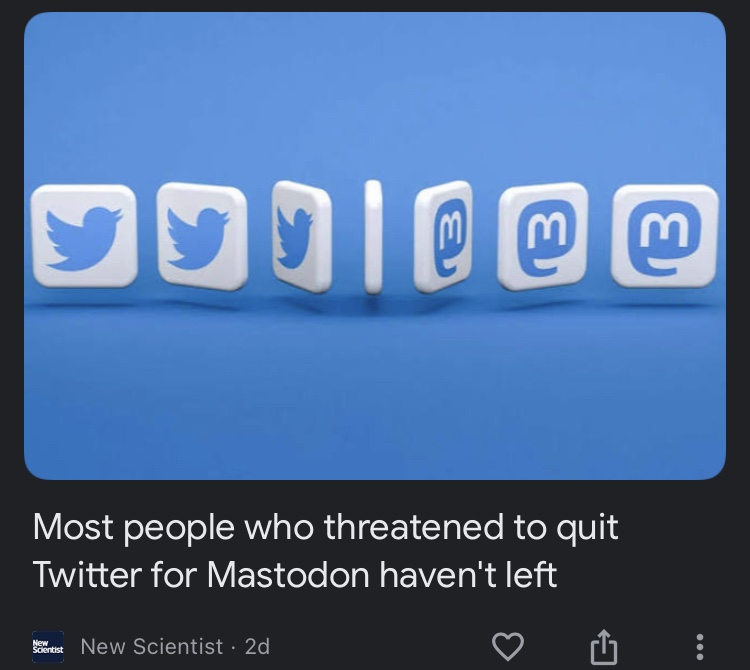Invisible without a website
Having a website is essential in today’s media landscape for one simple reason. You don’t exist until I can hyperlink to a website containing examples of your work and describing what you do. This is particularly true in today’s new media landscape. For the minimalist among you a facebook or myspace page is the bare minimum. For those of you that take your work seriously though a website is more efficient.
There are a number of reasons for which having a website is essential. The first of these is visibility. If you’re going to an event and you take hundreds of pictures then no one will notice them unless you share them publicly. You don’t need to be published to get your big break. That’s the point of viral marketing. Produce some content. Make it public and then mention it in a few places. If it’s good then others will advertise that work to friends from now on. You are now visible. That’s in an ideal situation.
Yesterday when I went to the protest (which event? Describe it in a few words and link to it) I met two friends, one is a well established photographer whilst the other, is, as yet a relatively anonymous face in the crowd. With the established friend it was easy for me to link to his work because he has a high quality site. It’s something concrete, easy to see and assess. For the second person there is not much I can do to demonstrate their worth except mention their name but is of limited value, without a link. Why? Because there is no action to follow a “plug”.
The plug is a term used to describe how one person promotes their work through another person’s content, whether it be in website form, podcast or other. As you are talked about more frequently, your visibility increases and, with it, people’s interest in what you do. John C Dvorak of Dvorak.org/blog is the best example. Anytime he can, he will mention his website and, although for the first ten times you may not react, you will go to the website, eventually. He’s got another reader.
Whilst you’re surrounded by new media people everyone has a blog, a website, possibly a podcast and more. Leave this group, though, and most people are “invisible”, except, for young people, facebook. Most of them are shown in their bikini, at drunken parties or in other situations that would not reflect well within more traditional work environments. That’s why facebook should be kept private and personal, confined to a group of friends.
When you apply for a job online, you’ are one of a thousand applicants. It must be a nightmare reading all those applications. I am taking as an example the work I did for blogwise, a human moderated database of websites. Each day several hundred people would apply for their blog to get through. As you look at the first ten your mind is clear and you’re interested. After several dozen you’re tired and by the time you reach several hundred you skim through. The same happens when you’re applying for work – boredom sets in.
When you think about how much time people spend looking for content and entertainment on the web you begin to understand why and how important it is to have something to show. When I worked on my dissertation I looked online and found an interview of Jacques Yves Cousteau a matter of minutes after he won his Oscar for Le Monde Du silence. I needed, for a documentary, a soundbyte of Rupert Murdoch speaking about Myspace – and after several months of searching we found the key clip.
That’s also how a documentary maker found my content for use in a documentary that will be on ARTE television in Spring 2008. The point is simple. In the past when you created content and you wanted people to notice you the best method for visibility was to be mentioned in physical examples, whether magazines, DVD or on the air.
Today we’re all part of the same media landscape. What this means is that there is unlimited time for content to be shown. But how do you stand out, to get noticed?
If there’s an event taking place and you have the time to cover it, then do it – and find where people are actively talking about it. That’s a great way to promote your work. If people see your latest video and want to find out more about you, they can go to your website, if you have one, to see further examples of your work. They read your blog to see your thoughts, they follow your twitter stream to see whether you’re a party animal, they check your linkedin profile to see who you know that they may know and, as a result, they get a better idea of what kind of person you are. You’ve just increased your chances of being noticed – and hired.


